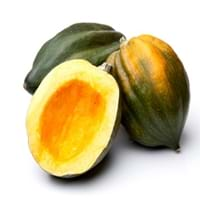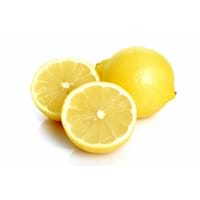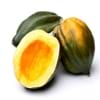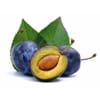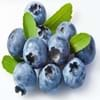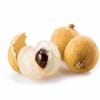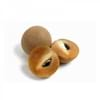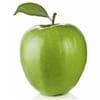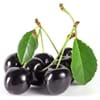Health Benefits
Anti-inflammatory properties, Arthritis treatment, Regulates Blood Sugar
Arthritis treatment, Asthma treatment, Cancer prevention, Kidney stone treatment, Prevents constipation, Purging blood, Treatment of rheumatism
General Benefits
Boosts immune system, Controls blood sugar levels, Digestive aid
Boosts immune system, Cures headache, Cures fever, Digestive aid, Flu treatment, Maintains healthy cholesterol level, Treatment of common cold
Skin Benefits
Nourishes skin, Protects skin from oxidative stress
Heals sunburn, Reduces wrinkles, Skin rejuvenation, Treatment of acne, Treatment of skin diseases
Hair Benefits
Prevents hair loss, Promotes longer and healthier hair, Regulates hair growth
Prevents hair loss, Treatment of dandruff
Allergy Symptoms
Asthma, Red rash, Swelling of mouth, tongue or lips
Eczema, Hives, Inflammation, Itching, Skin rash, Swelling
Side Effects
Diarrhoea, Vomiting
Diuretic effects, Heart burn, Tooth decay, Chances of sunburn
Best Time to Eat
Along with meal, As a snack in the late afternoon, Don't eat after meal, Eat the fresh ones, avoid mixing with any other foods, don't eat after meal.
Along with meal, Best to drink lemon water on an empty stomach., Don't consume at night and before bed
Vitamin B5 (Pantothenic Acid)
Vitamin C (Ascorbic Acid)
Vitamin E (Tocopherole)
-
Vitamin K (Phyllochinone)
-
Calories in Fresh Fruit with Peel
-
Calories in Fresh Fruit without Peel
-
Type
Berry
Citrus, Tree fruit
Season
Winter
All seasons
Varieties
Bush Table Queen, Heirloom Table Queen, Festival Hybrid, Early Acorn Hybrid, Table Ace, Ebony and Cream of the Crop
Avalon Lemon, Bears Lemon, Buddha's Hand, Bush Lemon, Citron, Eureka Lemon, Dorshapo Lemon, Finger Citron and Fino Citron
Color
Dark green, Green-yellow, Orange green
Yellow, Yellowish-orange
Inside Color
Yellow
Yellow
Texture
Fibrous
Succulent
Origin
Central America, North America
China, India
Soil Type
Well-drained
Well-drained
Climatic Conditions
Cold, Sunny
Hot, Sunny
Facts about
- It was named as Acorn Squash for its resemblance to a large ribbed acorn.
- It is said that squash was being grown in Mexico as long as 10,000 years ago.
- It was the first food cultivated by native American Indians.
- Oil extracted from lemon peels is used for fingerboard of guitars.
- During Renaissance, ladies used lemons to redden their lips.
- Aroms of lemon decreases the level of stress hormones.
Other Countries
Egypt, India, Iran, Italy, Mexico, Russia, Turkey, Ukraine, United States of America
Argentina, Brazil, India, Iran, Italy, Mexico, Spain, Turkey, United States of America
Top Importer
Costa Rica
United States of America
Top Exporter
United States of America
Mexico
Botanical Name
Cucurbita Pepo
Citrus limon
Subkingdom
Tracheobionta
Tracheobionta
Division
Magnoliophyta
Magnoliophyta
Class
Magnoliopsida
Magnoliopsida
Subclass
Dillenhidae
Rosidae
Order
Cucurbitales
Sapindales
Family
Cucurbitaceae
Rutaceae
Generic Group
-
Citrus fruit
Difference Between Acorn squash and Lemon
We might think that Acorn squash and Lemon are similar with respect to nutritional value and health benefits. But the nutrient content of both fruits is different. Acorn squash and Lemon Facts such as their taste, shape, color, and size are also distinct. The difference between Acorn squash and Lemon is explained here.
The amount of calories in 100 gm of fresh Acorn squash and Lemon with peel is 40.00 kcal and - and the amount of calories without peel is - and 29.00 kcal respectively. Thus, Acorn squash and Lemon belong to Low Calorie Fruits and Low Calorie Fruits category.These fruits might or might not differ with respect to their scientific classification. The order of Acorn squash and Lemon is Cucurbitales and Sapindales respectively. Acorn squash belongs to Cucurbitaceae family and Lemon belongs to Rutaceae family. Acorn squash belongs to Cucurbita genus of Pepo species and Lemon belongs to Citrus genus of C. limon species. Beings plants, both fruits belong to Plantae Kingdom.
